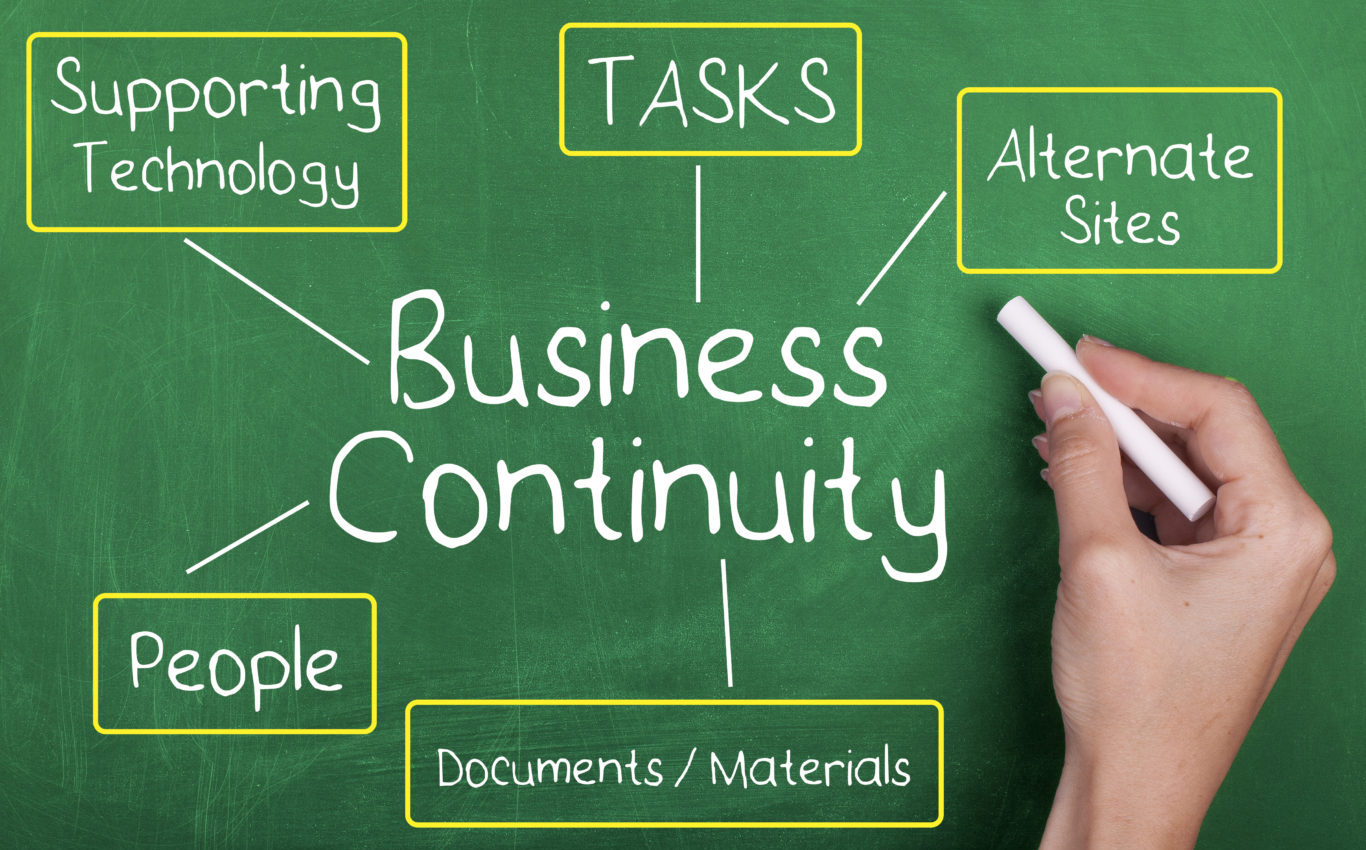
A business continuity plan can be defined as a plan which helps to make sure that the business procedures are able to continue smoothly at the time of any disaster or urgent situation. These emergencies might consist of a fire or any other situation where it is not possible for the business to function under normal circumstances.
It is imperative for the businesses to take into consideration such types of potential threats and a business continuity plan will make sure that businesses can continue in spite of such disasters. Developing an effective business continuity strategy and plan can be tricky, so our friends from Specialty Fuel Services, who know a thing or two about business continuity are here with some great tips to get you started.
1. Comprehending the potential threats
Make it a point to ask yourself while creating a business continuity plan whether there is any possibility for the business to function in some way or other. Take into consideration all types of risks ranging from natural disasters to technical threats as well.
2. Figure out how these threats will affect the operations
Try to figure out which particular risk is going to influence the business the most and also how long it possible for a business to operate without any of those elements taking place.
3. Develop the plan
During this stage of planning, try to comprehend how interruptions can be minimized in case of any natural calamity or disaster, how would it be feasible to recover from them, and also what resources will be needed for safeguarding your staff, assets, as well as business from any further damage.
4. Implement the plan
After finalizing your plan, distribute it to every single key employee as well as stakeholder so as to make them comfy with all the required steps that have been mentioned in that particular plan.
5. Review again and again
It is of prime importance to reevaluate the plan on a regular basis so that it stays up-to-date as well as relevant. Don’t forget to make any correction if required.
6. Resume your business
It might be very difficult for you to go back to your business following any undesirable incident or register. However, try to make yourself prepared so as to make any necessary modifications to the normal operations as well as procedures of your company. Take into consideration how those alterations are going to be implemented, how the required training is going to be imparted, and so on.
7. Managing the plan
For this, you need to keep your plan up-to-date while altering any particulars so that they are always correct. It is likely essential to review the impact of new systems and technology to your business and also include those in your original plan.
Apart from the above-mentioned guidelines on how to make a business continuity plan, you will come across several more on the Internet. Creating a proper plan will allow your business to prosper within a short span of time and also stand up successfully against any major natural calamity or disaster. However, your plan might not be the perfect one particularly when you are creating it for the first time, and, if required, make some adjustments.
